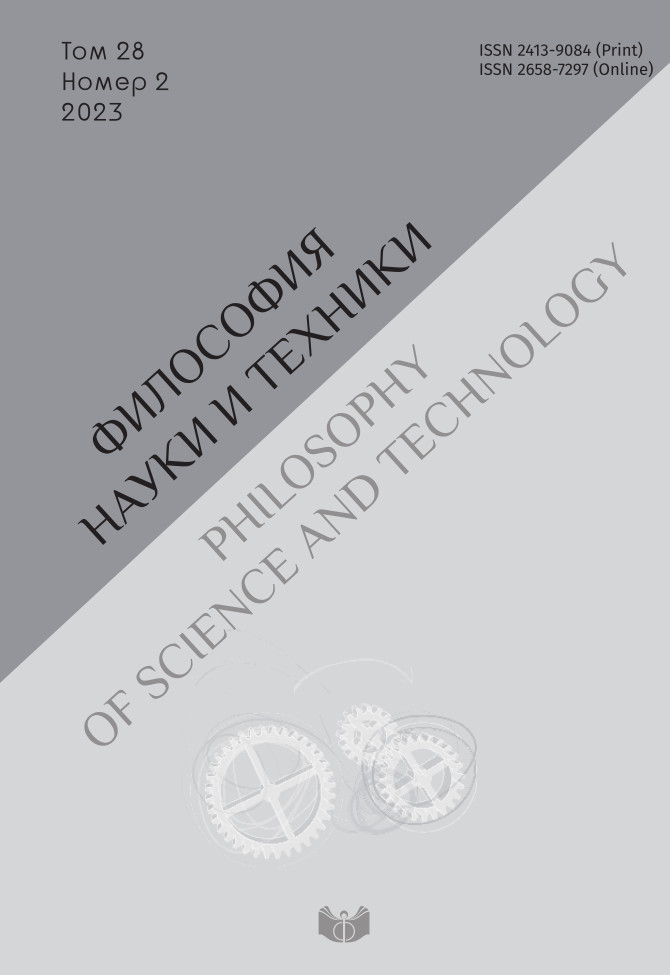Reflections on the book by Irina O. Shchedrina “Historical memory and narrative: ecological contexts” (Moscow – St. Petersburg: Center for Humanitarian Initiatives, 2022. 174 p.)
DOI:
https://doi.org/10.21146/2413-9084-2023-28-2-133-141Keywords:
historical memory, ecology of memory, narrative, recognition, self-awareness, loss, memory policy, technologization of memoryAbstract
The paper reviews the basic concepts of the book by Irina O. Shchedrina “Historical memory and narrative: ecological contexts”. The problem of historical memory has become a reaction to the dramatic rupture of the cultural and social texture of modern societies, but it has also become an opportunity to look anew at the traditional problem of human-nature relations. Since memory stores knowledge about loss, it immerses us in the temporality of existence as a state of homelessness, the loss of one’s natural home, which explains the relevance of the modern turn to ecological forms of thinking. Shchedrina’s book offers a simple but effective version of the ecology of memory, focused on the primacy of narration, narrative, told story. This approach forces us to rethink the position of the subject of knowledge, since the structure of his self-consciousness is based on the primary loss and the need to rely on recognition from the Other and collecting oneself through the story and the distraction of being in the world, outside of oneself, in the natural order of places and the multi-layered fabric of stories.











